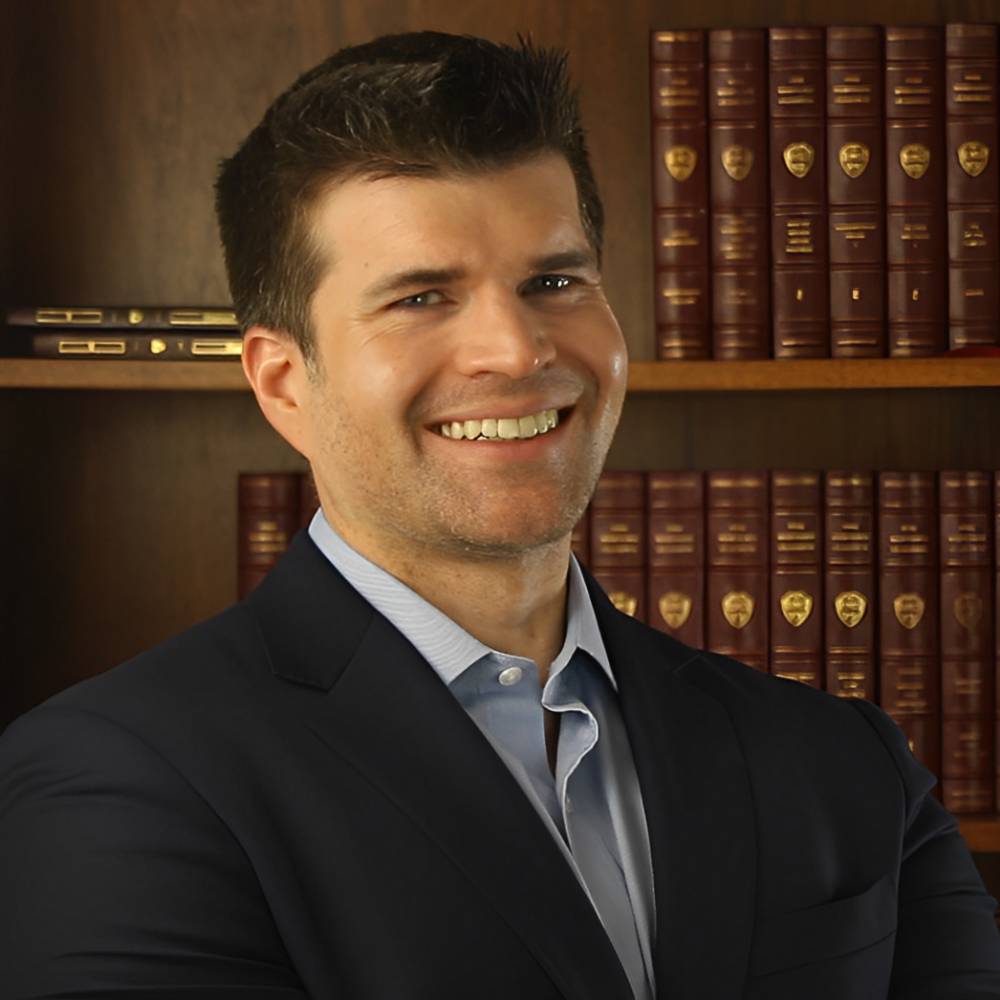Coronavirus Alters Criminal Justice Procedures in Arizona and Nationwide.
In response to the COVID-19 pandemic in the previous weeks, Arizona jails have released inmates while prosecuting agencies have adopted more lenient charging policies.
Maricopa County Sheriff Paul Penzone announced last Thursday the suspension of the work furlough and work release programs currently in place in the Maricopa County jail system, essentially allowing for house arrest for many participants in this program.
Meanwhile, Maricopa County Attorney Allister Adel stated that she has “directed staff to take actions to reduce the spread of this disease through a reduction of those needing to interact with our criminal justice system.” In other words, MCAO has advised its prosecutors to adopt more lenient charging policies during the pandemic in order to reduce the jail population.
These efforts are hardly confined to Arizona. Throughout the nation, state and local officials are taking similar measures to reduce potential exposure to the novel coronavirus in the jail and prison population. This is motivated in part because jails are widely considered virtual “Petri Dishes” ideal for the spread of infectious disease. Hand sanitizer is widely banned in jails for its alcohol properties. And the American prison system is typically crowded and unsanitary even under normal conditions.
For weeks Sheriff Penzone has been reported as saying it is a question of not if, but when, the novel coronavirus will infiltrate Arizona’s jail system. In fact, it was just reported this week that prison employees in Arizona’s Department of Corrections have already tested positive for COVID-19.
Will Emergency Policies Impact Charging Decisions Long-Term?
The threat of the spread of coronavirus in the prison system is undeniably a very real issue, and the widespread release of certain non-violent innates and leniency in charging policies for “victimless” crimes seems like reasonable measures to take in the current environment. However, the change in prosecuting agency’s charging policies in a crisis raises some fundamental questions about those charging policies in the first place.
It is an old maxim in the western legal tradition, fiat justitia ruat caelum, translated as “let justice be done though the heavens fall.” In fact, when I started working at the Maricopa County Attorney’s Office, now several County Attorneys ago, the motto of the office used to be “Fiat Justitia.” The coronavirus, and specifically the reaction of prosecuting agencies to the outbreak, puts this maxim to the test because the heavens do indeed seem to be figuratively falling around us. And yet does this current prosecutorial leniency mean that “justice” is not being done? Or does it mean that the relative harshness of the status-quo ante towards victimless crime was never justice to begin with?
The COVID-19 pandemic has already made us as a society think deeply about some of the fundamental aspects of our way of life, which we used to take for granted. In a most basic way, it has refocused our attention to what is truly necessary in a society and what is a luxury. It has brought our focus from some of life’s higher aspirations and brought us back to basics. For those familiar with the psychological theory of Maslow’s hierarchy of needs, many of us have gone from our normal higher-level pursuits of love, acceptance, and self-actualization to now needing to refocus on our basic survival needs like food and security.
It has also forced the court system to reevaluate what is truly essential for the criminal justice system.
The Arizona Supreme Court has ordered all Arizona courts to limit in-person appearances. Meanwhile, Maricopa County’s drastically changed its procedures to allow for motions to take the place of most in-person hearings for criminal cases. While we are right now in the midst of dealing with a global pandemic, these changes raise questions about how we do justice and whether telecommunication technology has made the need for certain court practices unnecessary and dated.
The release of inmates from jail for non-violent crimes and the decision by prosecutors across the country to ease their charging policies raises questions of its own. If some of these crimes are not worthy of prosecution in a crisis situation, then how should we as a society deal with them once life goes back to normal?
Marilyn Mosby, Biltmore’s chief prosecutor, explains the leniency in charging decisions, “We believe that no longer prosecuting individuals for substance-use disorder or sex work — that’s not going to increase crime,” she said. “The thing that we’re concerned with is public safety, and we don’t want to prescribe someone with substance-use disorder to a death sentence.” This seems to be the general sentiment of most prosecutors at the time.
From a public health standpoint right now, this makes sense. But if top prosecutors now admit that failure to prosecute simple drug possession won’t increase crime, then you must seriously consider why these crimes are being prosecuted under normal conditions. The same question arises for consensual sex work raised by Ms. Mosby. Assuming no human trafficking or coercion is involved, does the prosecution of these crimes make society better off?
These questions have always been debated among legal scholars, but the coronavirus pandemic has forced our society’s law enforcement to take a hard look at them in the real world outside of the academic setting. Lenient charging guidelines now seem to be a tactic admission by prosecutors that some of these crimes may not have been that important to begin with.
When the dust clears, the question then becomes, will prosecuting agencies go back to strict enforcement of “victimless” crimes that are now deemed too minor to charge? And, if so, will they be able to charge and prosecute these cases with a straight face?


